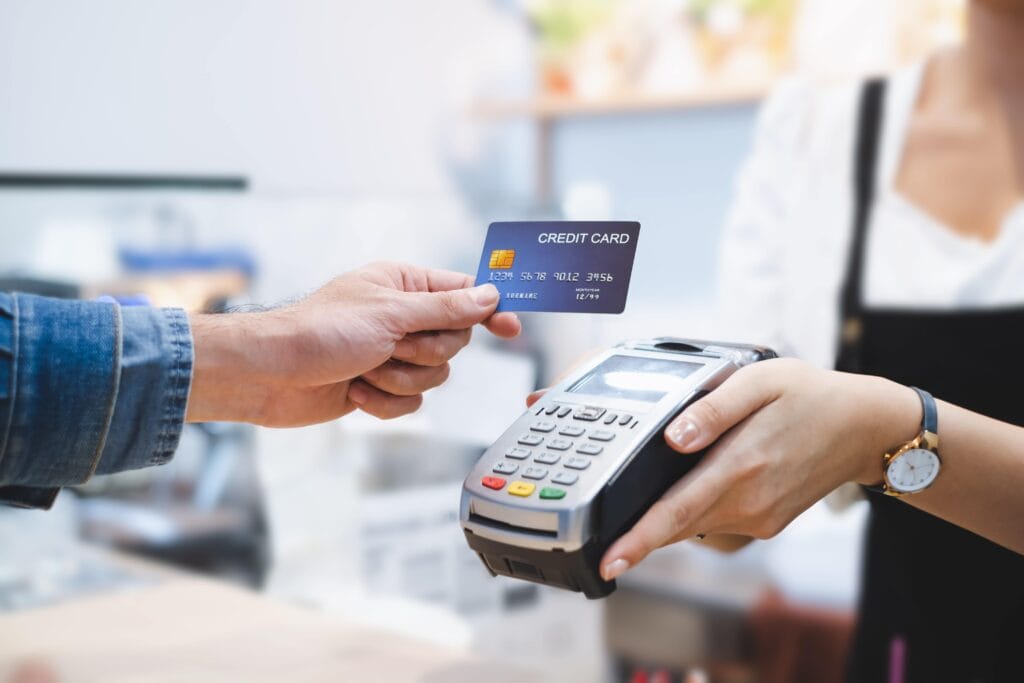A merchant account is a specialised type of bank account that enables your business to accept card payments, whether in person, online, or over the phone. Unlike your regular business bank account, a merchant account temporarily holds funds from card transactions before transferring them to your main account. This setup is essential for any business that wants to offer customers secure, convenient ways to pay.
How Does a Merchant Account Work?
When your customer pays by card, the payment is first routed to your merchant account. This “holding pen” ensures that the transaction is securely processed, with checks for sufficient funds and fraud prevention measures in place. Once the payment is cleared, the funds are automatically transferred to your business bank account—usually within 24 hours.
Merchant accounts are typically provided by acquiring banks, but many Payment Service Providers (PSPs) also include them as part of their packages. For businesses selling online, an Internet Merchant Account (IMA) is specifically designed to accept payments via your website or e-commerce platform.
Ways to Accept Card Payments
With the correct merchant account, your business can accept card payments in a variety of ways:
- In person: Use card payment machines at your physical location.
- Online: Accept payments through your website or e-commerce store—learn more about online payment services.
- By phone: Offer customers the option to pay over the phone with MOTO (Mail Order/Telephone Order) solutions.
- EPOS integration: For retail or hospitality, EPOS payment services streamline transactions and reporting.
Why Are Merchant Accounts Important?
Merchant accounts provide a crucial layer of security for both your business and your customers. They help safeguard transactions, reduce fraud risks, and ensure payments are properly authorised before funds are released. This gives you and your customers confidence in every transaction.
What is a Merchant Identification Number (MID)?
Each merchant account is assigned a unique Merchant Identification Number (MID). This number identifies your business in the payments system and is used to track your transactions.
Fees and Costs
Merchant accounts usually charge a fee per transaction, either as a flat rate or a percentage. The exact cost depends on your provider, business type, and transaction volume. Comparing providers can help you avoid unnecessary fees and secure the best deal for your needs.
High-Risk Merchant Accounts
Certain industries are considered “high-risk” by banks and payment providers, such as ticket sellers or businesses with higher chargeback rates. High-risk merchant accounts often come with higher fees and stricter approval processes. Your risk category is determined by your Merchant Category Code (MCC), and being misclassified can result in extra costs. Regularly reviewing your setup can prevent overpaying.
Do You Need a Merchant Account?
If your business accepts card payments—whether face-to-face, online, or by phone—a merchant account is essential, as it is a crucial part of offering flexible and secure payment options for your customers. For most UK businesses, choosing the right provider and account structure can also lead to significant savings.
Nexpay tip:
Unsure if your current merchant account is right for you, or if you’re paying too much in fees? Our consultancy team can review your setup and help you find the best fit, whether you need in-person, online, phone, or EPOS-integrated solutions.
Contact us for a no-obligation comparison and expert advice.


